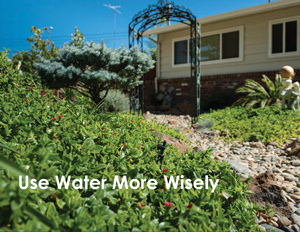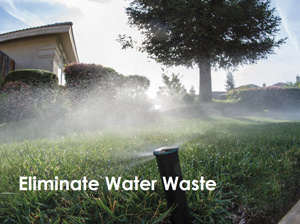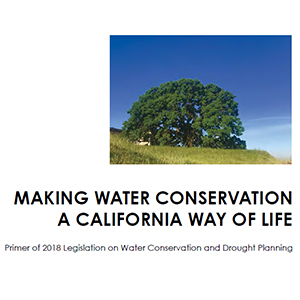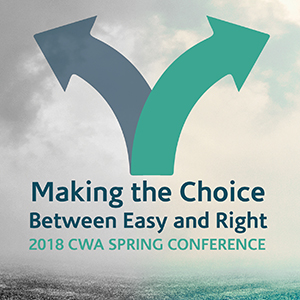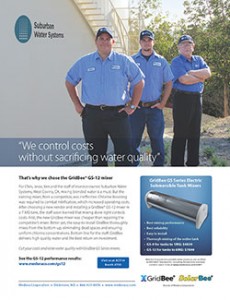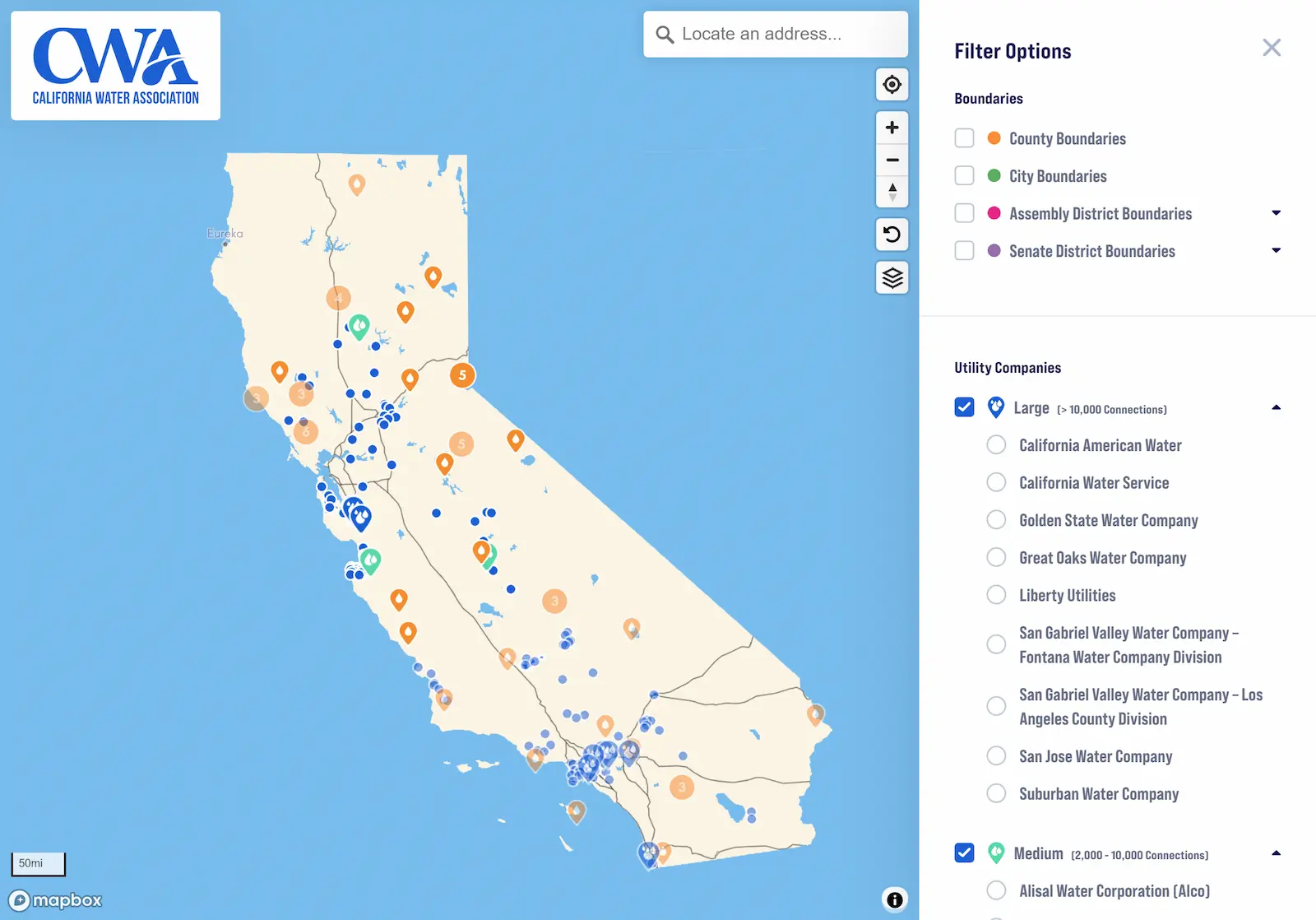In a September 14, 2018, letter to the Department of Water Resources (DWR), the California Water Association (CWA) commented on several aspects of the Making Water Conservation a California Way of Life: Primer of 2018 Legislation on Water Conservation and Drought Planning (Primer), which initiates the implementation of Assembly Bill 1668 and Senate Bill 606. A cover letter addressed to Water Use and Efficiency Branch Chief Diana S. Brooks thanked the DWR for creating the Primer and considering CWA’s input.
CWA’s comments focused on four sections of the Primer. On Urban Water Use Efficiency Standards, CWA asked the DWR to include more detail on the state’s approach to addressing the effects of the proposed standards on local wastewater management, developed and natural parklands, and urban tree health as well as how and when the state will do so.
With respect to Reporting Requirements, CWA recommended requiring submittal of the first annual water shortage assessment reports to DWR when or after the next Urban Water Management Plans are submitted in 2021.
CWA offered its assistance to the State Water Resources Control Board (SWRCB) and DWR on drought planning recommendations and guidance for Small Water Suppliers and Rural Communities. The letter indicated CWA’s prior involvement at DWR stakeholder meetings and work on regulated utilities’ Water Shortage Contingency Plans and overall drought management can be used as a starting reference point for counties embarking on drought planning assistance for small systems.
Referring to Appendix A, CWA encouraged DWR to make a distinction between the “public” and “customers” with respect to outreach and involvement and call on state agencies to keep customers and customer groups abreast of the milestones and actions completed in the Primer as the process ensues. CWA stressed that “it is incumbent upon the state agencies and the water suppliers to ensure that customer expectations are properly managed throughout the process.”
The comments concluded with CWA asking the DWR and SWRCB to “continually communicate the implications and water use profiles for customers and not be limited to public ‘policy’ involvement with respect to the implementing regulations.”
